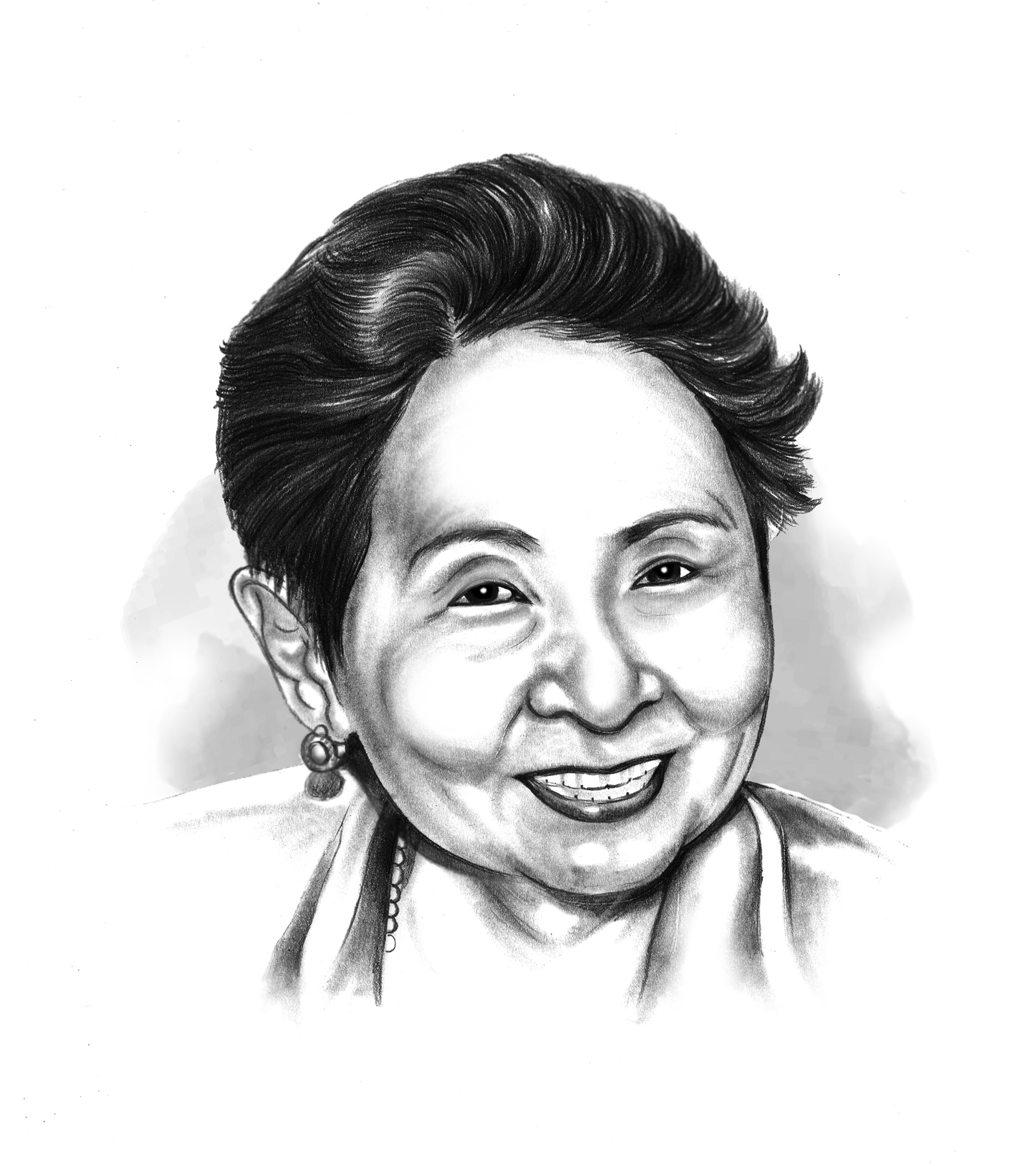PAGBABAGO

In other parts of the world, September is known for several things. It is the start of fall, and the school year in some countries. It is also the month when the worst terrorist attack was perpetrated at the World Trade Center in the United States.
In the Philippines, September is Rule of Law Month.
The first law in the country is the Philippine Organic Act of 1902 which established the Philippine Assembly that included Filipino citizens.
Former President Gloria Arroyo signed Proclamation No. 73 declaring September as the Rule of Law Month.
Among the laws protecting women in the Philippines are 105-Day Expanded Maternity Leave Law, Prohibition on Discrimination, Anti-violence Against Women and Children, Assistance to small-scale women entrepreneurs, Anti-Sexual Harassment Act, Anti-Rape Law, Rape Victims Assistance and Protection, Magna Carta of Women, and National Women’s Day.
Three Filipino women who had actively participated in the struggle for justice and gender equality namely, Natividad Almeda Lopez, Josefa Llanes Escoda, and Leticia Ramos Shahani were all September born according to investment banker Anna Leah Sarabia who had written the piece about their contributions in these two sectors. Sarabia is a granddaughter of Almeda Lopez. All three had made outstanding contributions in the crafting of legislation that had elevated the status of women.
Almeda Lopez completed her law degree at age 19 in a night school in Manila. Considered too young to take the bar examinations, she had to wait until she turned 20. Even if she topped the exams which she did the following year, she had to wait until she turned 20. And she had to wait for another year in order to obtain her license. She became the first Filipino woman to practice law.
In her first appearance in court as the defense attorney in a criminal case she had to face a seasoned prosecutor who accused a woman of killing a man who attempted to assault her. And she won an acquittal for her client.
Almeda Lopez also helped strategize and organize the details of a 30-year war for political and economic inequality in the nationwide movement for the passage of the Suffrage law. She won her first administrative battle when she successfully argued against a law passed by the Philippine Assembly that would have put hundreds of physicians and student medics out of work. She lent her wisdom to fellow feministas who were experiencing disappointment in the 30-year battle for the right to vote. Despite some criticisms, she rose to become a presiding judge. She continued her studies and finished both the masters and doctoral degrees in law.
Married to a lawyer and politician, Domingo Lopez, she raised a family and led the pioneering charity for children and mothers, the Gota de Leche for more than 40 years. By the time she was appointed to be the first female Associate Justice of the Court of Appeals in 1960, many younger women lawyers had followed her footsteps and thanked her for clearing the way.
Another September-born suffragist was Josefa Llanes who was born on Sept. 20 in Dingras, Ilocos Norte in 1898. After obtaining a degree in social work, she joined the Suffrage Movement as leader of women’s clubs. In 1940, after undergoing intensive training in the United States, she joined the American Red Cross. Llanes was a lawyer and an educator.
She married Antonio Escoda whom she met while attending a meeting of the International Women’s League for Peace. They had two children – Teresa who was at one time president of the Cultural Center of the Philippines, and Antonio Jr. Josefa Llanes Escoda also organized the Girl Scouts of the Philippines.
During the Japanese occupation, both Antonio and Josefa Escoda were arrested and imprisoned. She was later taken out and severely beaten, and presumed to have been executed and buried in an unmarked grave.
Together with Jose Abad Santos and Vicente Lim, she is memorialized on the Philippines ₱1,000 banknote depicting Filipinos who fought and died resisting the Japanese occupation of the country during the second World War.
Leticia Ramos Shahani born on Sept. 30, 1929, is the younger sister of Former President Fidel V. Ramos. She was born in Lingayen but grew up in Asingan Pangasinan. She spent some time in the academe, garnering degrees and honors from the following institutions: A bachelor of arts degree from Wellesley College, a master’s degree in comparative literature at Columbia University, and a Doctor of Philosophy at the University of Paris (Sorbonne). A former dean of the graduate school of Lyceum, she was on the faculty of the University of the Philippines, Brooklyn College in New York and the New School for Social Research in New York and dean of Miriam College.
Shahani was among the first women to join the Philippine foreign service, rose to the rank of ambassador and vice-minister of the Philippine foreign service. She spoke up against the Marcos dictatorship in support of the opposition candidate, Corazon Aquino.
Among the important laws that she had authored and supported were “Strengthening the prohibition of discrimination against women in the workplace; Anti-Rape law of 1997 which declassified rape from a private crime to a crime against persons; and Rape Victim Assistance and Protection Act of 1998.
The women and law sectors of the country remember with much gratitude these three courageous trailblazers and role model for our people. (Florangel.braid @gmail.com)